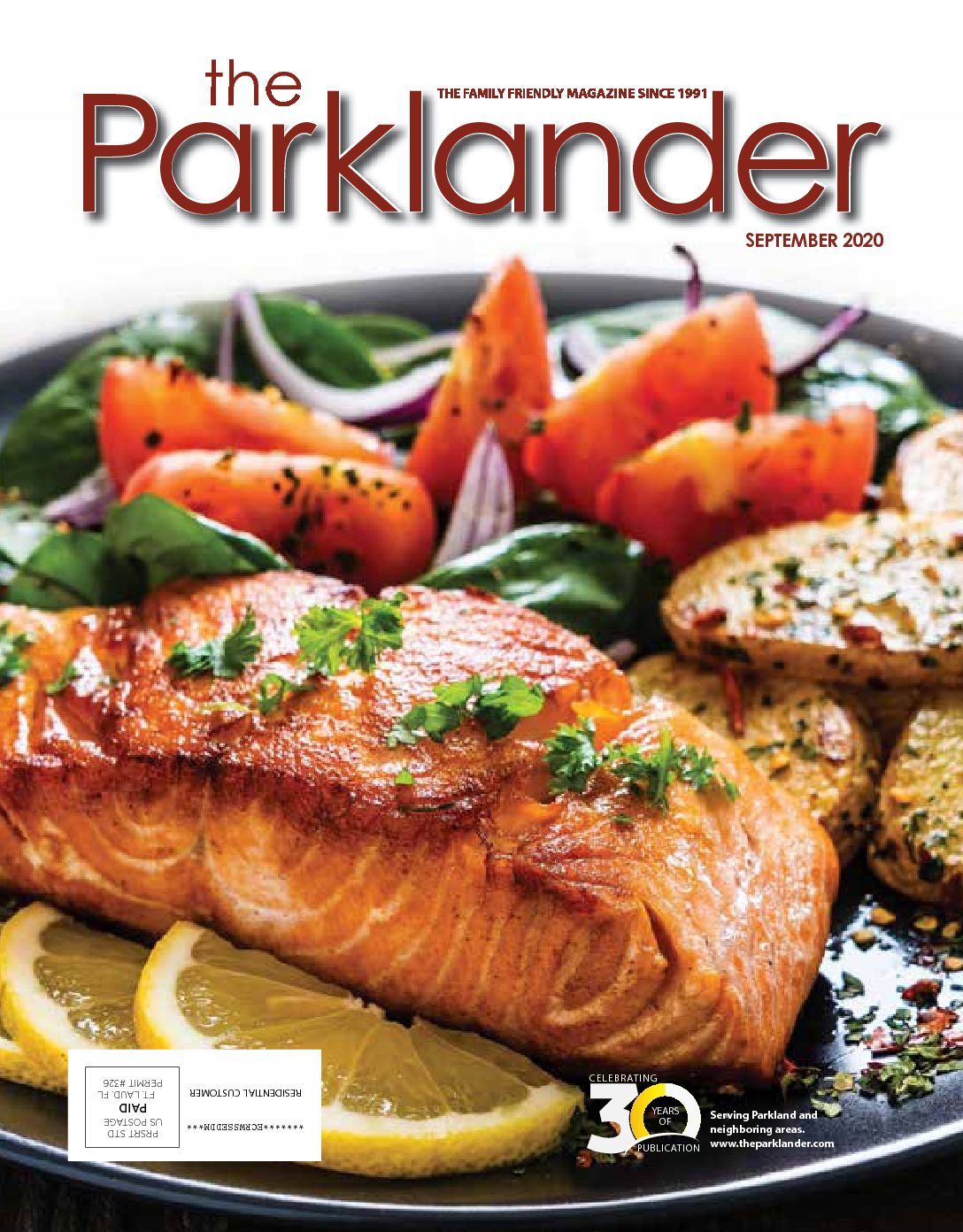 Proper cleaning and disinfection are now more important than ever. COVID-19 has caused people to reevaluate the effectiveness and frequency of their cleaning procedures.
Proper cleaning and disinfection are now more important than ever. COVID-19 has caused people to reevaluate the effectiveness and frequency of their cleaning procedures.
It is important to note that cleaning a surface – simply removing dirt and particles – is not the same as disinfecting it to kill viruses
and bacteria. And while cleaning high-traffic surfaces to remove contaminants and debris is critical, you still need to disinfect those surfaces.
Choosing the right products
The Environmental Protection Agency (EPA) has compiled a list of disinfectant products that have been proved effective against COVID-19, including ready-to-use sprays, concentrates, and wipes. The list (published on www.epa.gov) also provides the contact time that is required to effectively kill viruses.
Selecting the right method
While using effective products is key, it is equally important to follow the proper techniques to thoroughly disinfect both hard and soft surfaces. As a result, many are turning to the use of disinfecting services to ensure the safety of their families and staff as well as their own personal safety. Before hiring a company, there are several factors that you should consider to ensure you are getting the most effective method with proven kill claims.
There are three common types of disinfecting services:
Spray/wipe methods
This standard method utilizes trigger sprays and disinfectant wipes like Lysol, Clorox, and soapy water and vinegar. The EPA advises letting the solution sit and remain wet on surfaces or objects for at least 10 minutes in order to kill 99.9 percent of germs.
This method is labor-intensive, time-consuming, and provides the least consistent coverage. It is also difficult to obtain complete coverage underneath tables, chairs, and shelves and soft surfaces like upholstery, carpets, and drapes.
Misters/fogging
This method involves saturating an area with a fine mist of disinfectant solution that deposits on surfaces based on the direction of spray and the effect of gravity. After treatment, it takes approximately one to two hours for the mist to dissipate and the air in the room to return to breathable levels.
Fogging can be highly effective; however, it is critical that the person performing the service is a trained professional that delivers absolute and even coverage of all surfaces.
Electrostatic
This method applies an electric charge to a solution to create a 3-D wrapping effect. Because the particles in the spray are positively charged, it allows the disinfectant solution to wrap around and evenly coat both hard and soft surfaces for complete coverage from top to bottom. The result is a uniform coating of sanitizer or disinfectant on sprayed objects, including hard-to-reach areas that other methods miss.
Electrostatic sprayers can cover a large area in minutes, and people can enter the room within five to ten minutes after service is completed.
Safety compliance regulations
As businesses re-open their doors, they now have new responsibilities and requirements to ensure they are complying with COVID-19 safety regulations, which includes providing a disinfected and safe environment for employees and customers.
Health and wellness companies like LiveWell 1440 (www.livewell1440.com) in Fort Lauderdale are available to guide business owners through the myriad of safety requirements to make sure they comply with the orders and avoid citations or shutdowns.
Regardless of the method you choose, routine cleaning and disinfecting are a necessary part of reducing the risk of exposure to COVID-19. Using the CDC’s recommended best practices and maintaining safe daily habits will help reduce the risk of exposure to COVID-19 and keep the community safer.
By Spiro Edgos
Spiro Edgos is the owner and operator of The Bin Doctor located
in Coral Springs. The Bin Doctor provides commercial and
residential interior disinfecting services as well as dumpster and
bin sanitizing services. Visit bindoctorUSA.com to learn more.



























